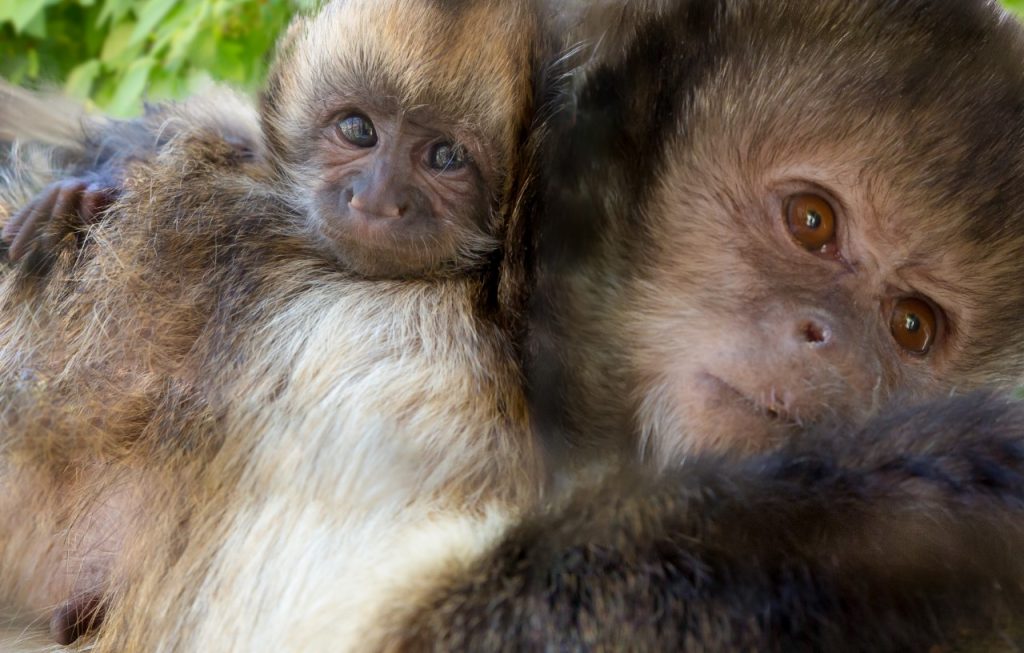Dietary and body weight management of a herd of white rhinoceros (Ceratotherium simum simum) at Disney’s Animal Kingdom® resulting in successful pregnancies and calf growth
Citation
Swanhall A, Livingston S, Bissell H, and Sullivan KE. 2023. Dietary and body weight management of a herd of white rhinoceros (Ceratotherium simum simum) at Disney’s Animal Kingdom® resulting in successful pregnancies and calf growth. In Brooks M, Fidgett A, Kendrick E, Treiber K Eds. Proceedings of the Fifteenth Conference on Zoo and Wildlife Nutrition, Zoo and Wildlife Nutrition Foundation and AZA Nutrition Advisory Group, Hybrid.
Abstract
The future of the world’s southern white rhinoceros (Ceratotherium simum simum) population may depend on their ability to produce viable offspring under human care, due to poaching and habitat loss challenges faced by their wild counterparts. Disney’s Animal Kingdom® has successfully birthed over 10 white rhino calves since the park’s opening in 1998.We summarized factors leading to successful birth and thriving calves in this species. We evaluated the body weights (BW) of the mothers and calves, gestation length, pedigree in relation to the wild, and diet, which comprised mostly of grass hay and a low-starch hay-based pellet (Sullivan and Valdes, 2019). Nutritionists, veterinarians, and the husbandry team evaluated when perceived gestational over-conditioning warranted dietary intervention. Maternal weight gain for all pregnancies ranged between 69 kg and 197 kg in overall BW. Gestation lengths ranged from a 437 to 683 days with an average of 519 days. This is in line with recent white rhino data showing an average gestation of 504 days (Schwarzenberger and Hermes, 2023). Variation in gestation length occurred across rhinos but mainly between pregnancies for one mother who has calved 6 times while under our care, ranging from 487 days to her most recent gravidity, which was 683 days. All pregnancies resulted in healthy calves tracked for growth. New mothers received caloric support for lactation needs. Monitoring nutrition along with weight management during gestation are two important factors contributing to the successful parturition of thriving white rhino offspring while managed under human care.
 34_Swanhall.pdf 13 KB
34_Swanhall.pdf 13 KB








